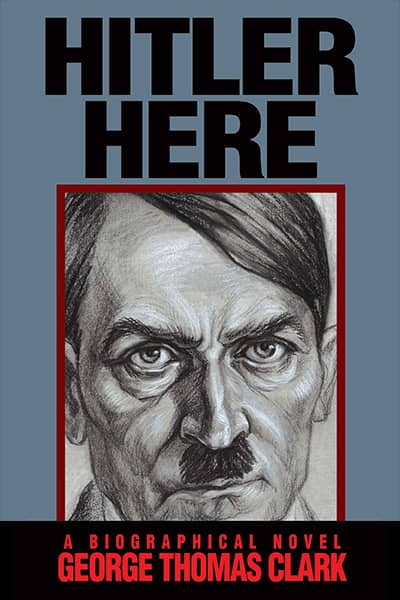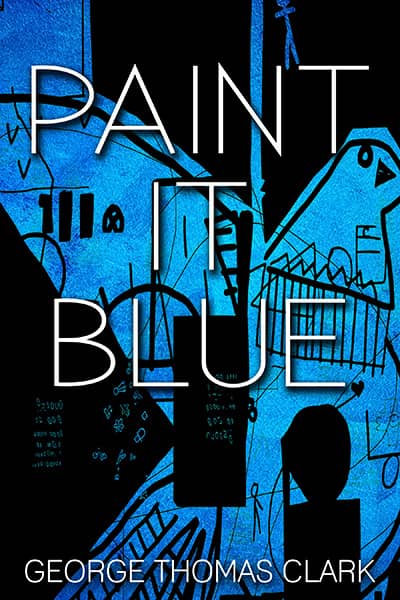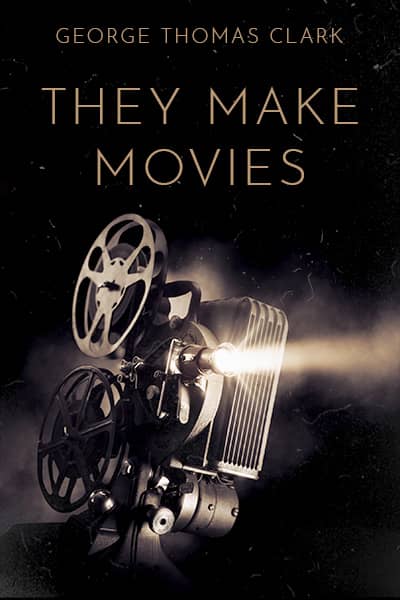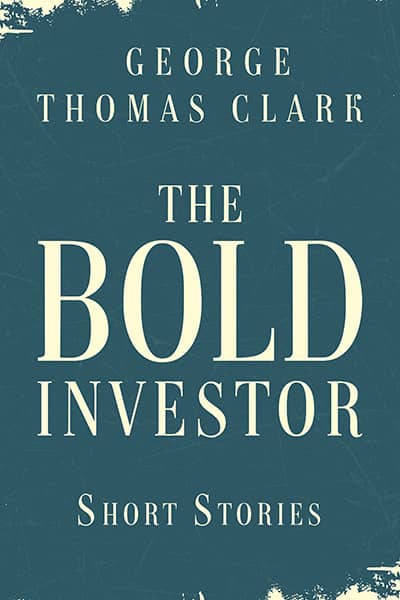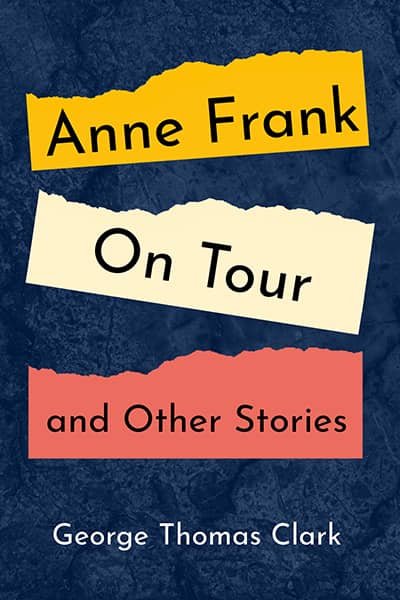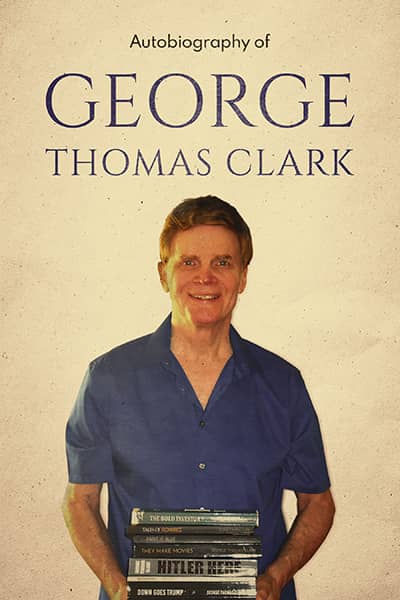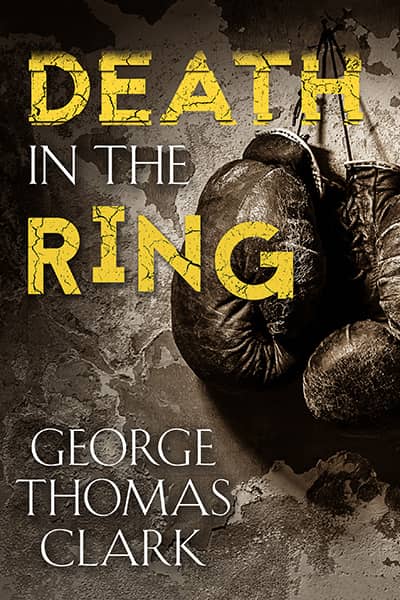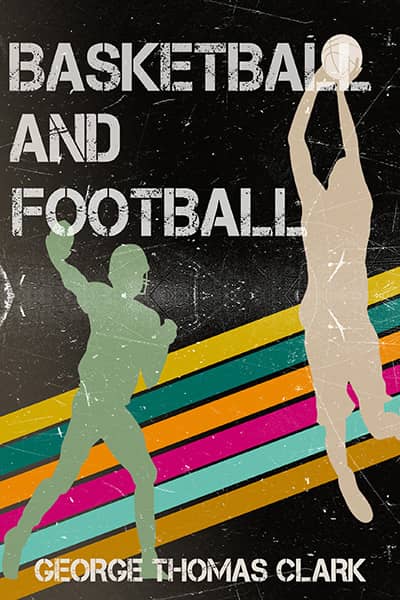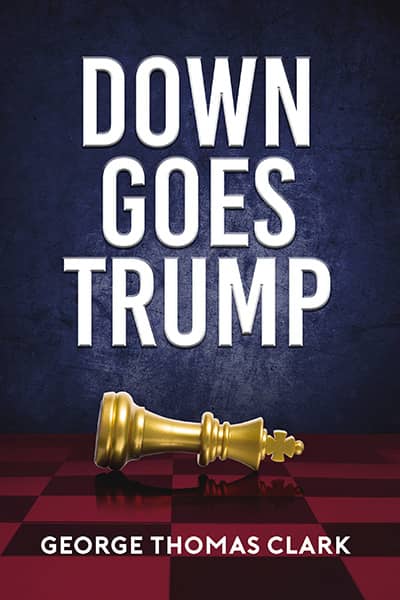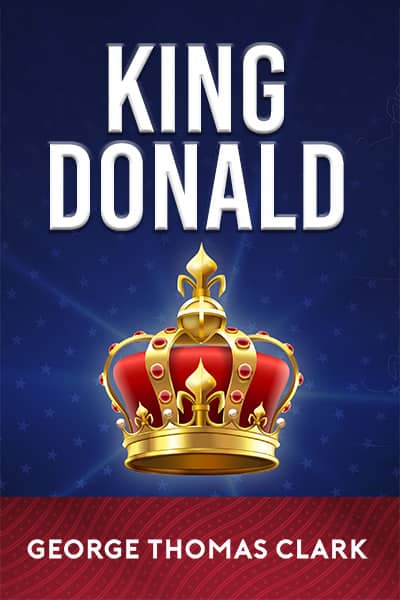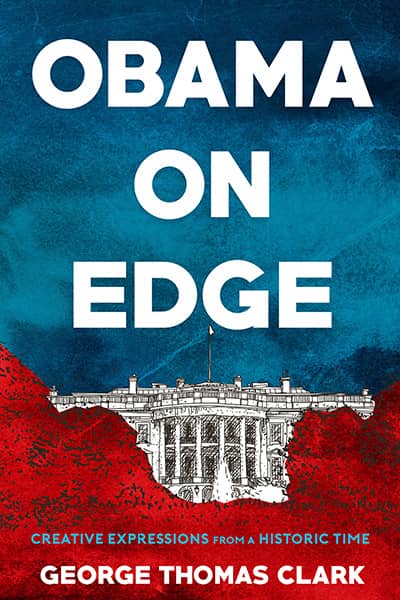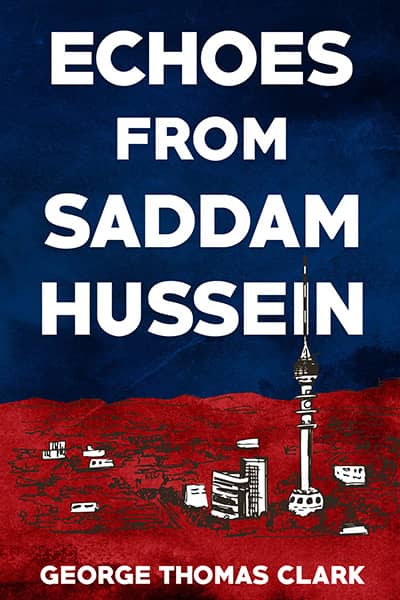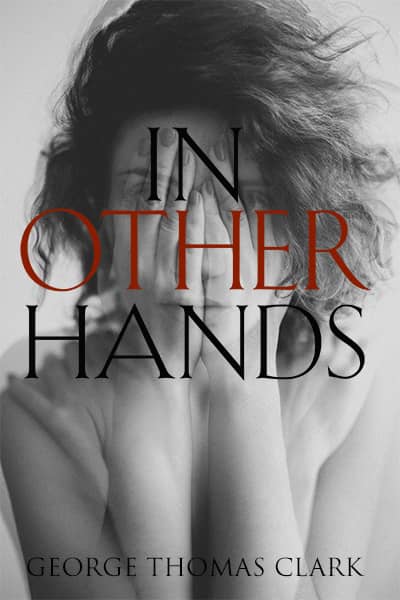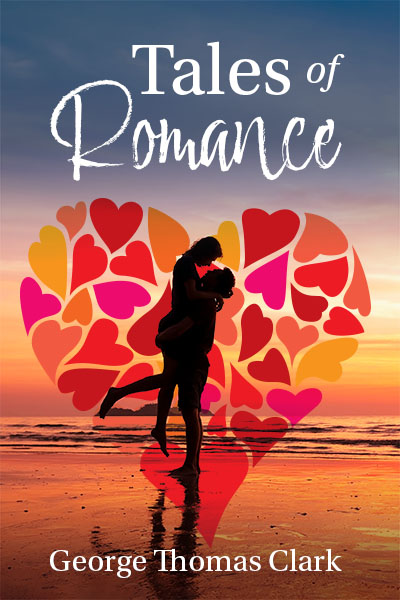Highlights from the 2008 Olympics
August 28, 2008
I see many noble commentators have downplayed if not altogether ignored Olympic sports in order to rebuke China for a range of civil rights concerns and thereby imply the nation today is as ill as in the era of Mao, who shred at least as much flesh as Hitler and Stalin. China has in fact marched further than many in the direction of civility, and is years removed from committing any acts nearly as egregious as the invasion of Iraq by the United States. I therefore wasn’t contemplating Chinese politics at 11:30 last Saturday night but, in the bourgeois comfort of my living room, unabashedly praying that NBC, instead of slapping viewers with another insipid delay, would televise live from Beijing the men’s gold medal basketball game between Spain and the U.S. The network complied. And viewers were rewarded with one of the most entertaining games they’ll ever witness.
Several days earlier, watching a tape of the Americans thrashing Spain by 36 points in the preliminary round, I thought, “The Spaniards are sandbagging. They actually want to get bombed in this inconsequential game to convince the U.S. of its invincibility.” That psychological ploy has occasionally been successful in international competition since 2000, but this time the NBA stars were as ravenous as their opponents: Dwayne Wade, Carmelo Anthony, and Kobe Bryant bombarded Spain with three-point shots; aggressive defenders confronted dribblers and frequently knocked balls loose; Lebron James scored inside and out, and rebounded vigorously; so did Chris Bosh; Chris Paul skillfully distributed the ball. The redeemers were performing like magicians.
Spain still stormed back from every deficit and several times moved within a few points, at times as close as two, tightening my stomach. Pau Gasol was operating smoothly inside and his hefty brother Marc, a first round pick headed for the Memphis Grizzlies, sometimes overpowered American defenders for offensive rebounds and lay-ups. U.S. athleticism is unequalled, but the team carried three point guards, instead of a more prudent two, and thus had one fewer big man than needed to combat the towering Spaniards, who won the battle of the boards 37 to 31. American assistant coach Nate McMillan also guides the Portland Trailblazers and must have been the most ambivalent man in the raucous gymnasium: young Rudy Fernandez, who’ll soon be on his team, nearly orchestrated an upset, scoring 22 points while scorching from long range and once invoking Michael Jordan, dashing by defenders to rattle the rim with a hook dunk. Spain also showcased seventeen-year old Ricky Rubio, projected as a potential first overall NBA pick in two years, who deftly passed the ball and roused the audience when he dribbled behind his back and sliced down the lane to score.
Ultimately, a Spanish team comparable to a good NBA squad was edged 118-107 by virtuosos who doubtless understood if they hadn’t shot so well from three-point range – 13 of 28 – and made other critical shots, they would’ve lost. Head coach Mike Krzyzewski appeared a man just rescued from the gallows. He’s coached Duke University to three NCAA titles, ensuring a distinguished place in basketball history, but has also lost numerous important college games in which his team had an overwhelming talent advantage. Another such setback, far more troubling than any of the others, would have wounded his reputation. This time Coach K accepted that all twelve stars were not equal, featured the best, and conducted his team like a maestro.
I haven’t joined the obtuse debate about whether the ultimate Olympian was American swimmer Michael Phelps or Jamaican sprinter Usain Bolt. Both were spectacular. Pick your sport. I prefer running, the most fundamental of athletic endeavors: kids start racing soon after leaving the crib, and adults have been competing thousands of years. Usian Bolt leads them all. In the 100-meter dash he trounced the swiftest field in history despite slowing to pound his chest over the final 15 meters, turning a potential 9.59-second dash into a still-stunning 9.69 victory. Since he already owned the record for that distance, he lost only time. In the 200 he was confronted by the otherworldly 19.32 established by Michael Johnson in the antediluvian year of 1996. The relaxed and jocular Bolt stopped playing before the start sounded and, long-legged at 6-foot-5, churned around the turn and burned down the backstretch to win by a preposterous margin and clock 19.30. The Jamaican 400-meter relay team, with Bolt accelerating through the third leg, demolished one of track’s most distinguished records, recording 37.10. Go to a track meet sometime and note how impressive a sprinter is while running 10 seconds in the 100 or 20 in the 200; then think about Usian Bolt.
People in the foreign environment of water are less compelling but one appreciates that swimming next to 6-foot-7 Michael Phelps is like getting blown away by a battleship. Without apparent stress, he splashed water in the faces of the world’s next best in four of five individual events, and in the 100 butterfly he appeared beaten until closing like a beast and using an improvised half stroke to touch first by .01, less than a split second. The 400-meter freestyle relay became legendary when 32-year old Jason Lezak overcame a few-yard deficit to a faster swimmer, Alain Bernard of France, and won by inches. If not for these heroics, Phelps would’ve had another disappointing Olympics, as in 2004 when he won only six gold medals. Mercifully, he got two more this time and vanquished Mark Spitz, the dashing seven-time gold medalist from 1972.
Female athletes also impressed. Some of the Chinese gymnasts may not have reached age 16 – a non-issue, irrespective of rules; Nadia Comaneci was only 14 when she enchanted the world in 1976 – but they performed with precision if not particular charm. Less emotionally rigid were Americans Shawn Johnson and Nastia Liukin, whose father as a Russian won Olympic gold. Perhaps unwisely, I viewed several online videos of Comaneci’s 10-point perfections from the 1976 Olympics and was astonished how much less complex her routines were than those of contemporary gymnasts. If she were young and training today, Comaneci could perform at the level of Liukin and Johnson, but watching her in Montreal reminds one of a basketball game from the 1960’s.
Beach volleyball players Misty May and Kerri Walsh have created a highlight reel while marching to 108 straight victories, and in Beijing captured a gold medal to accompany theirs from 2004. Many plays underscored their excellence. My favorite was this: a spike seared toward the sand but May dove and got a wrist under it, digging softly to Walsh who set it to the scrambling May who pounded it into the ground on the other side of the net. Both married women now plan to have babies but may resume competition. Blocking their return to the pinnacle will be Wang Jie and Tian Jia, the Chinese team that challenged them in the finals, twice losing 21-18, and is collectively 11 years younger.
Who was the most alluring athlete? I chose Lolo Jones, the world fastest 100-meter hurdler. Striding long on lean legs in the finals, she slid over each hurdle into an unassailable lead until she hammered the ninth with her right heel and almost fell while being passed and staggering in seventh. Distraught, she sank to the track on her knees, sitting on her heels, and grimaced at the replay screen. In a subsequent interview she acknowledged a champion must clear all barriers. NBC sports interviewed her again a day or two later. So did one of the network’s entertainment shows. Lots of people wanted to talk. She’d failed to make the 2004 Olympic team after hitting a hurdle, almost quit the sport, lost her sponsorship, struggled financially, rededicated herself, and built a record enabling her to raise money for Hurricane Katrina survivors in New Orleans and flood victims in Iowa. She’s also vowed to keep training and getting faster and earn gold in London in 2012. Regardless of what happens on the track, Lolo’s admirers will continue to post YouTube tributes that display an exotic face and form blended from African, Native American, French, and Norwegian ancestors.
